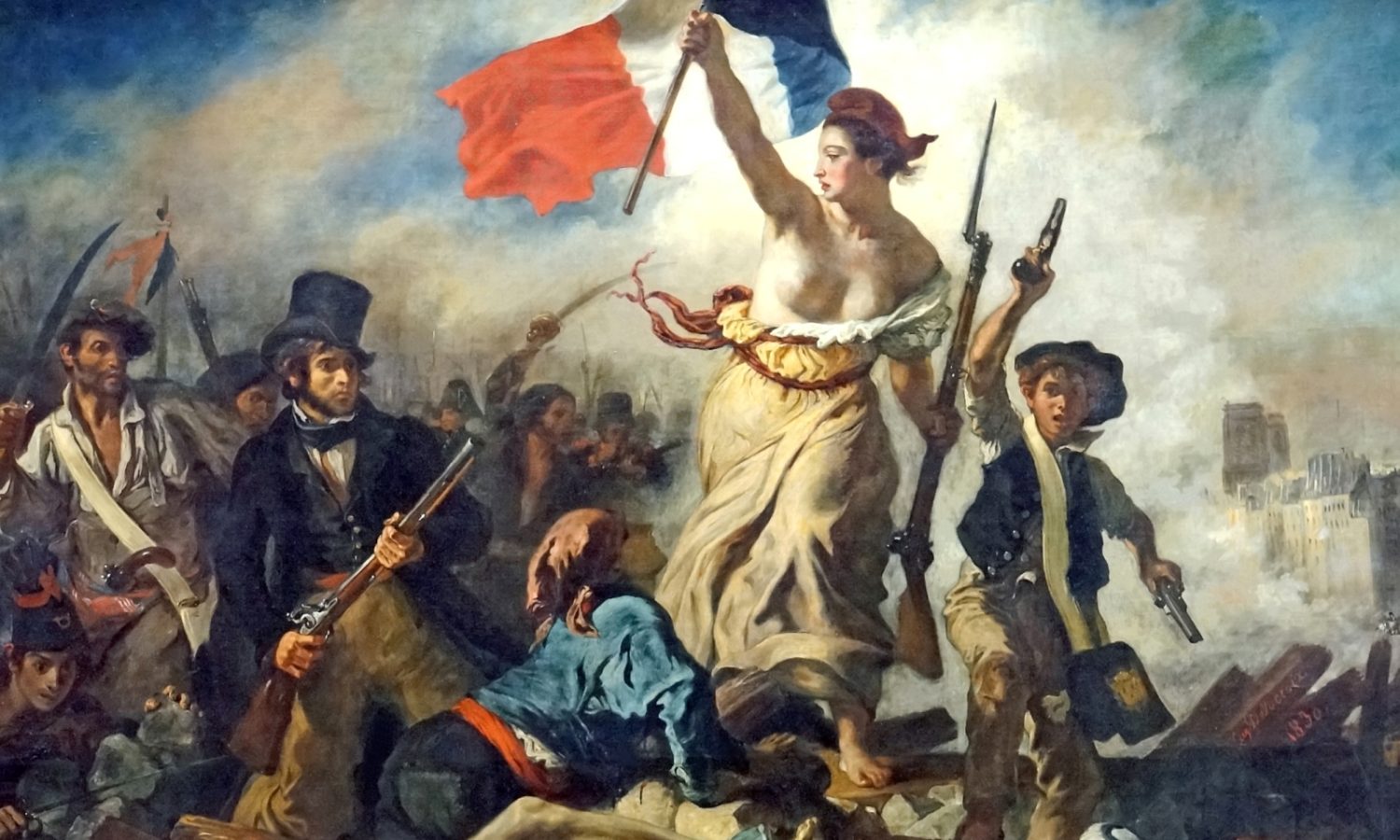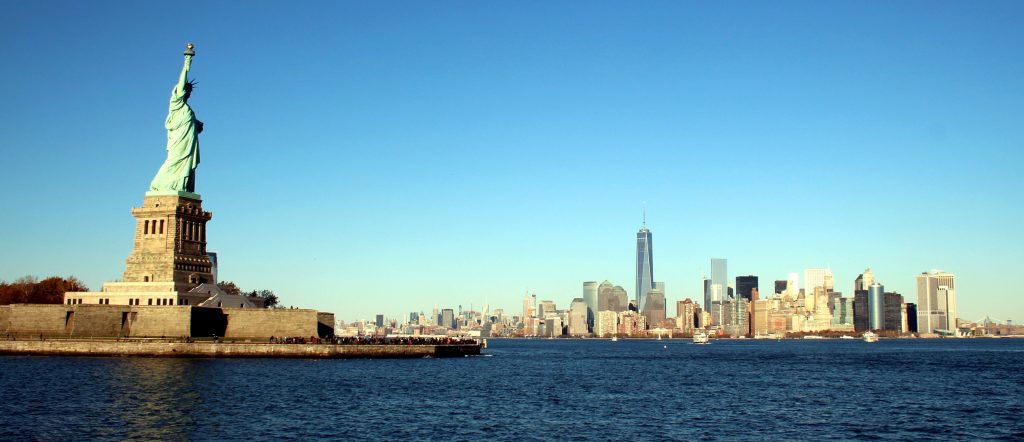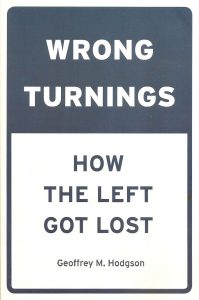Recent Posts
Recent Comments
- Marcus Breen on Lenin was a neoliberal – and other jokes
- colorado aspen labs on The Broken Language of ‘Left’ and ‘Right’
- Doublethink: Remain means Brexit – Brexit means Remain – New Politics on Blindly following “the will of the people” is lazy and unprincipled
- Socialism and communism are virtually synonymous – New Politics on The mysterious socialism of Bernie Sanders
- The myth of classical liberalism – New Politics on Mythical Markets and Neoliberalism
Archives
- July 2019
- May 2019
- April 2019
- March 2019
- February 2019
- September 2018
- August 2018
- July 2018
- June 2018
- May 2018
- February 2018
- January 2018
- October 2017
- September 2017
- August 2017
- July 2017
- May 2017
- April 2017
- March 2017
- February 2017
- January 2017
- December 2016
- November 2016
- October 2016
- September 2016
- August 2016
- July 2016
- June 2016
- May 2016
Categories
- Assimilation
- Bernie Sanders
- Bertrand Russell
- Brexit
- Caroline Lucas
- Christianity
- Common ownership
- Democracy
- Donald Trump
- E P Thompson
- George Bernard Shaw
- George Monbiot
- Green Party
- Immigration
- Islam
- Jeremy Corbyn
- Joan Robinson
- Judaism
- Karl Marx
- Khmer Rouge
- Labour Party
- Left politics
- Lenin
- Leszek Kolakowski
- Liberalism
- Ludwig von Mises
- Mao Zedong
- Markets
- Marxism
- Michael Polanyi
- Naomi Klein
- Nationalization
- Neoliberalism
- Noam Chomsky
- Philip Mirowski
- Politics
- Populism
- Private enterprise
- Property
- Religion
- Right politics
- Robert Owen
- Socialism
- Soviet Union
- Tony Benn
- Tony Blair
- Tony Blair
- Uncategorized
- Venezuela

 When unfettered-market, minimal-state versions of liberalism re-emerged in the UK and US, and became more prominent in the 1970s, they had to find different homes. They took over the Conservative Party in the UK and the Republican Party in the US. Hence Margaret Thatcher was elected as a Conservative Prime Minister in 1979 and Ronald Reagan as a Republican President in 1980. In some their ideas they sounded like nineteenth-century liberals: Whigs became Tories.
When unfettered-market, minimal-state versions of liberalism re-emerged in the UK and US, and became more prominent in the 1970s, they had to find different homes. They took over the Conservative Party in the UK and the Republican Party in the US. Hence Margaret Thatcher was elected as a Conservative Prime Minister in 1979 and Ronald Reagan as a Republican President in 1980. In some their ideas they sounded like nineteenth-century liberals: Whigs became Tories.
It seems the social democratic reformism or liberal socialism
Pingback: Neoliberalism versus Liberal Solidarity – New Politics